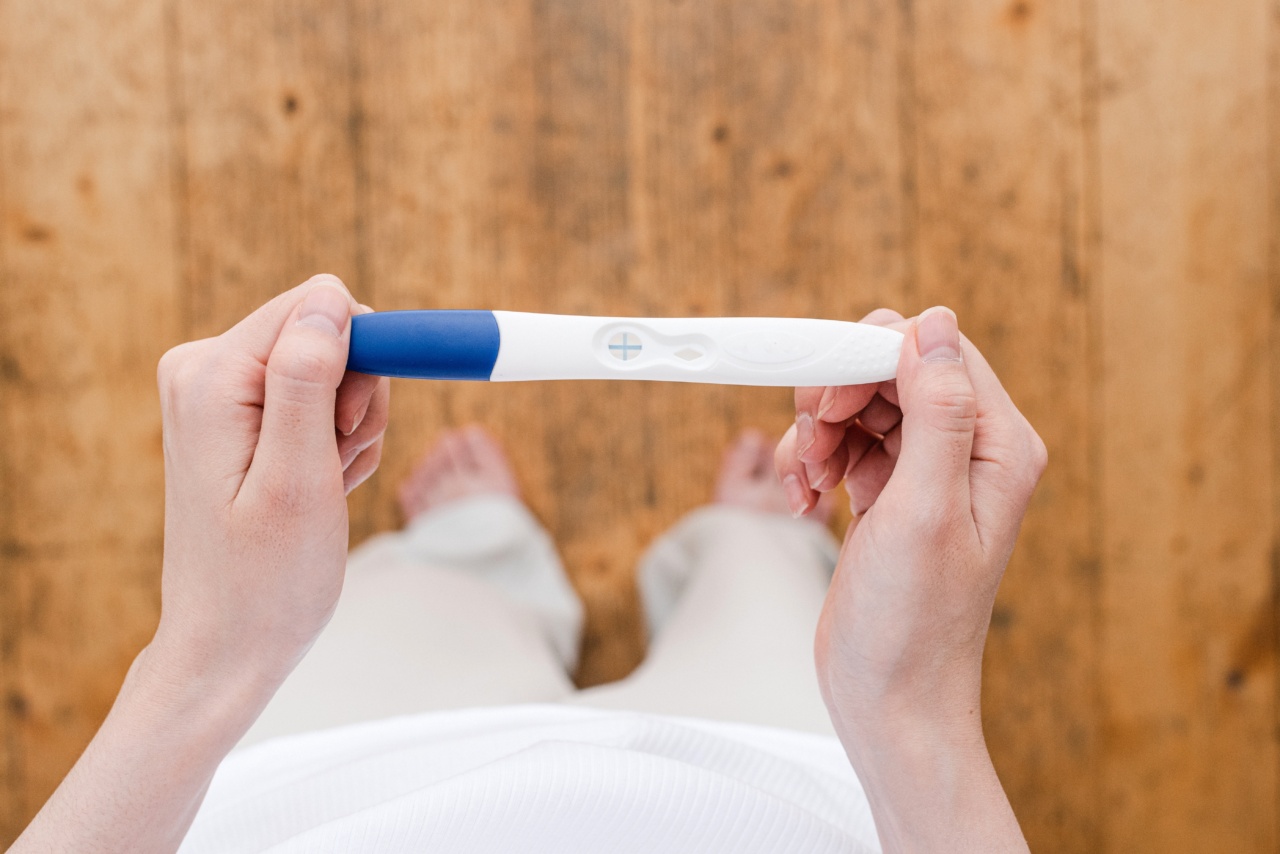Autism spectrum disorder (ASD) is a neurodevelopmental condition that has become increasingly prevalent in recent years.
According to the Centers for Disease Control and Prevention (CDC), one in 54 children in the United States have been diagnosed with ASD. Early detection and intervention have been shown to lead to better outcomes for individuals with ASD, which has led to the development of prenatal tests that aim to identify the condition before birth.
However, questions have been raised about the accuracy and effectiveness of prenatal testing for ASD.
What is Prenatal Testing?
Prenatal testing is a process that involves screening for potential health issues in a fetus during pregnancy. There are two types of prenatal testing: screening tests and diagnostic tests.
Screening tests are used to identify the likelihood of a fetus having a particular condition, while diagnostic tests are used to confirm or rule out a diagnosis.
Types of Prenatal Testing for Autism
Currently, there are two types of prenatal testing for ASD: fetal ultrasound and genetic testing. Fetal ultrasound is a non-invasive screening test that uses sound waves to create an image of the fetus.
This test can detect physical abnormalities that are associated with ASD, such as an enlarged head circumference or abnormalities in brain development.
Genetic testing involves analyzing the DNA of the fetus to identify genetic mutations or variations that are associated with ASD.
This type of testing can be done through amniocentesis or chorionic villus sampling (CVS), which involve taking a sample of the amniotic fluid or placenta, respectively.
Accuracy of Prenatal Testing for Autism
The accuracy of prenatal testing for ASD has been a topic of debate among healthcare professionals and researchers.
While some studies have suggested that genetic testing may be able to identify the likelihood of a fetus having ASD with a high degree of accuracy, other studies have found that the accuracy of these tests is relatively low.
One study published in the journal Prenatal Diagnosis found that genetic testing for ASD had a sensitivity of 16.7% and a specificity of 99.7%.
This means that the test correctly identified 16.7% of fetuses with ASD and correctly identified 99.7% of fetuses who did not have ASD. However, the low sensitivity of the test means that a large number of fetuses with ASD may be missed by this type of testing.
Another study published in the same journal found that the use of fetal ultrasound in combination with genetic testing may improve the accuracy of prenatal testing for ASD.
The study found that using both tests together had a sensitivity of 35.0% and a specificity of 98.0%. While this is still relatively low compared to other prenatal tests, it suggests that using a combination of tests may be more effective than relying on a single test.
Challenges in Prenatal Testing for Autism
One of the challenges in prenatal testing for ASD is the fact that the condition is highly complex and variable. ASD is a spectrum disorder, which means that it can present in a wide range of ways and can vary in severity.
In addition, there are many different genetic mutations and variations that are associated with ASD, which can make it difficult to identify a single cause of the condition.
Another challenge is the fact that ASD is a developmental disorder, which means that symptoms may not appear until several years after birth.
This means that a fetus with ASD may not exhibit any abnormalities during prenatal testing, which could lead to a false negative result.
Ethical Considerations in Prenatal Testing for Autism
The development of prenatal testing for ASD has raised a number of ethical considerations, including issues around discrimination and stigma.
Some individuals with ASD and their families have expressed concern that prenatal testing may lead to the selective termination of pregnancies based on a diagnosis of ASD. This could perpetuate negative attitudes towards individuals with ASD and lead to further discrimination and social stigma.
Another ethical consideration is the potential for false positive and false negative results.
A false positive result could lead to unnecessary stress and concern for parents, while a false negative result could lead to a lack of early intervention and support for a child with ASD.
Conclusion
In conclusion, prenatal testing for ASD is a complex and controversial topic. The accuracy of current prenatal tests for ASD is relatively low, which means that relying solely on prenatal testing may not be an effective way to identify the condition.
More research is needed to improve the accuracy of prenatal testing for ASD and to address the ethical considerations surrounding this type of testing.





























